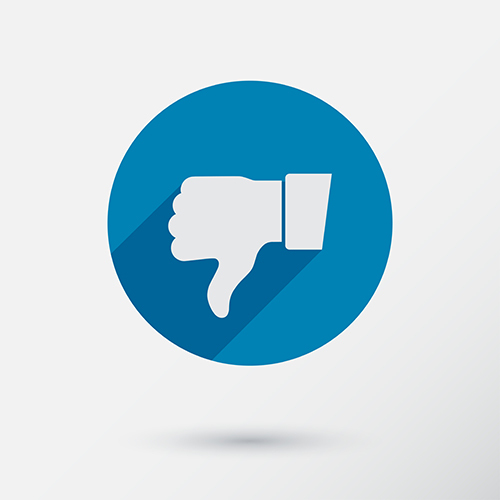
Social Media Can Hurt Your Injury Claim
We have all done it. We have a life event occur and the fastest way to let the ones we are close to find out about it is by creating a heartfelt post on Facebook, share a filtered image on Instagram or Snapchat, or fill up Twitter with thoughts and feelings in a series of quick 140 character tweets. If you have been in a car accident or become the victim of a personal injury due to someone else’s negligence, you may want to turn to these platforms and share the details with your community in search of emotional support. We advise you not to do this because even a short status update like, “OMG! My car just got hit – so thankful I am OK!” – could be used against you.
WATCH Attorney Chris Rhoads explains how social media (Facebook) can negatively affect your injury case and what steps the law firm of Rhoads & Rhoads takes to help ensure that this doesn’t occur.
Posting to your personal social media accounts or making comments on friends’ or community pages may feel much like second nature and something you are comfortable with. But if you are pursuing a claim for damages resulting from an accident, those social engagements are likely to be used against you. Insurance companies are using social media each day, searching for information including photos and posts, which could be used to weaken claims.
Your #Selfie Could Have Legal Significance
Social media users often set the scene to position their lives as easy, and with no problems – this includes the smiling selfie someone posts while recovering from an accident at the hospital. Misleading posts could be viewed different than the truth by insurers resulting in them rejecting or reducing compensation claims.
When you meet with an injury attorney at Rhoads and Rhoads, they will provide you with resources on how to use social media accounts before, during, and after the claim period. In the meantime, here are a couple tips on to help make your case truthful and ensure your claim will be fairly reviewed.
- Just take a break! Avoid interacting on any social media platform – completely. This includes refraining from using your personal accounts and commenting on others.
- Turn on the maximum privacy settings and do not add people as friends whom you don’t know.
- Turn off location settings since it can disclose your actual location and show places and activities you are participating in.
- Turn off your tag settings and monitor your posts. Be sure you are reviewing any updates that show you have been tagged in a photo or posts that could be detrimental to your case.
- Do not discuss information about your personal injury accident on social media. Never post information related to the basis of your claim, or about the lawsuit itself.
Lastly, do not request advice on social media on how to proceed with your case. Instead, decide if you should hire a personal injury lawyer and listen to their advice based on their trusted experience.
Making Sure You Are Treated Fairly
The injury lawyers at Rhoads & Rhoads have successfully settled thousands of cases for clients and have helped recover fair compensation. As one of the Western Kentucky’s largest personal injury firms, we have the resources to coach you through using social media during a claim period to make sure you are treated fairly. We offer free initial consultations, and all cases are taken on a contingency fee basis. Call us at 888-709-9329 or contact us by e-mail to schedule an appointment.
Video Transcript
After you’ve been involved in a collision or been injured, one thing the insurance companies like to do is get involved in your social media. And I know today, in this day and age, it can be a lot of fun and very encouraging to be involved in social media: stay involved with friends, put life events on there so our friends and our acquaintances know what’s going on in our lives.
But we’ve had several occasions where we’ve met with clients and potential clients who have put pictures from an accident or a collision on social media. They’ve expressed how they’re feeling, talked about their injuries. And all of a sudden, it creates a problem for them down the road because their medical treatment changes – it evolves over time – many times it worsens. And the insurance company, the lawyers, the adjusters, try to take the pictures and statements out of context and then use it against our client.
When we’re representing someone, we go over with our client responsible uses of social media. You can continue using social media, just be conscious of how it will affect you so we don’t have something that can’t be undone in the future.


